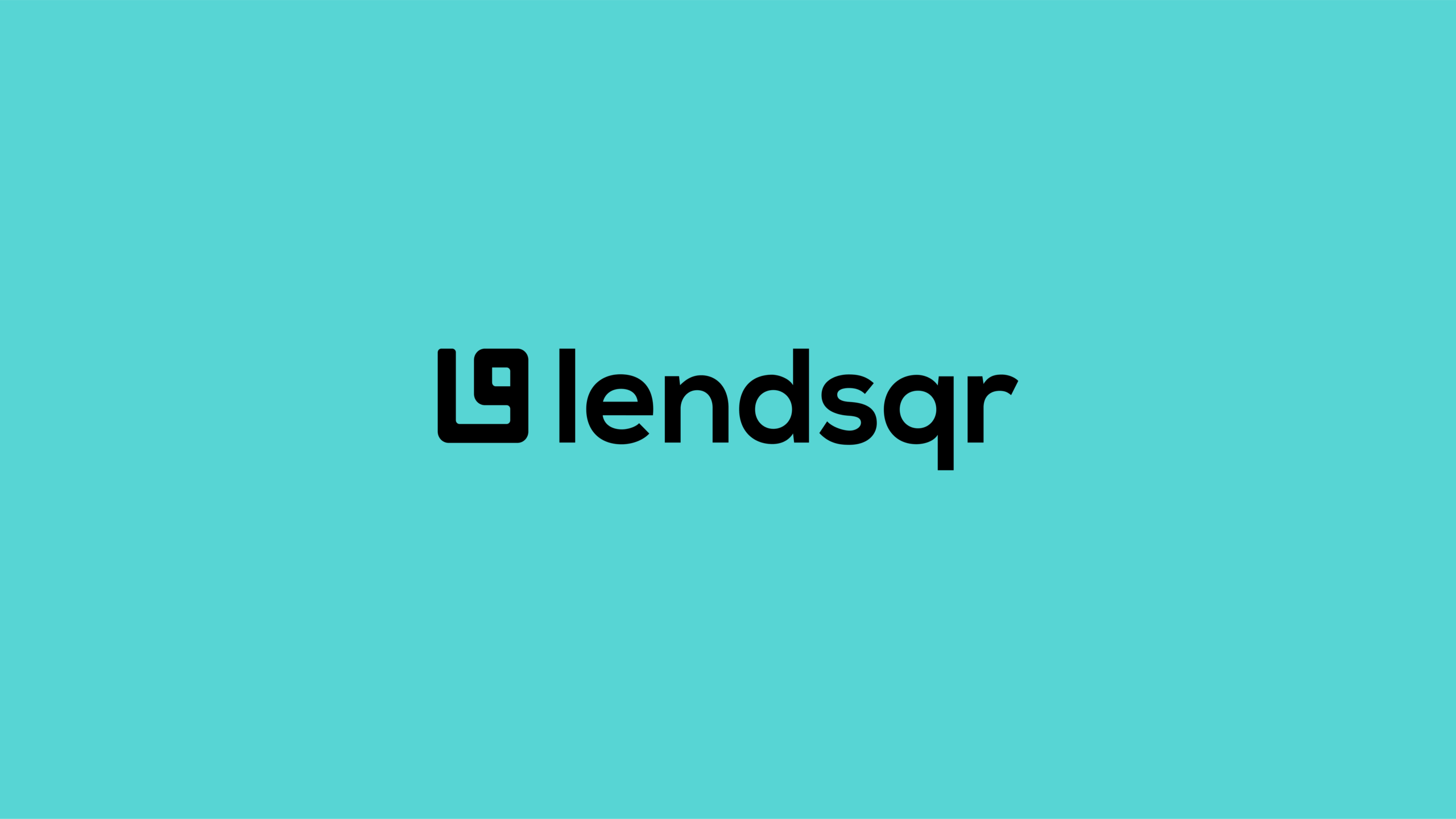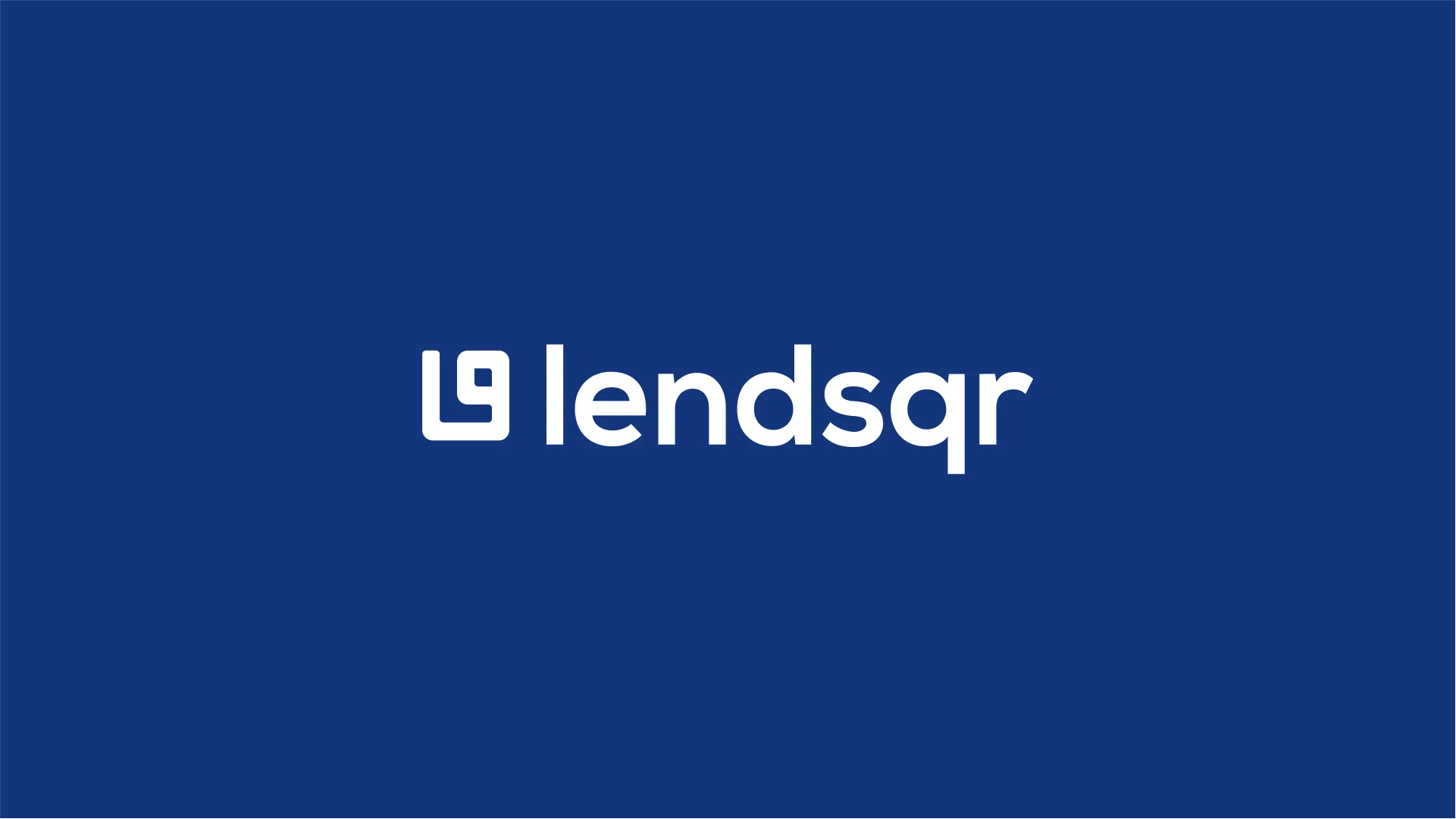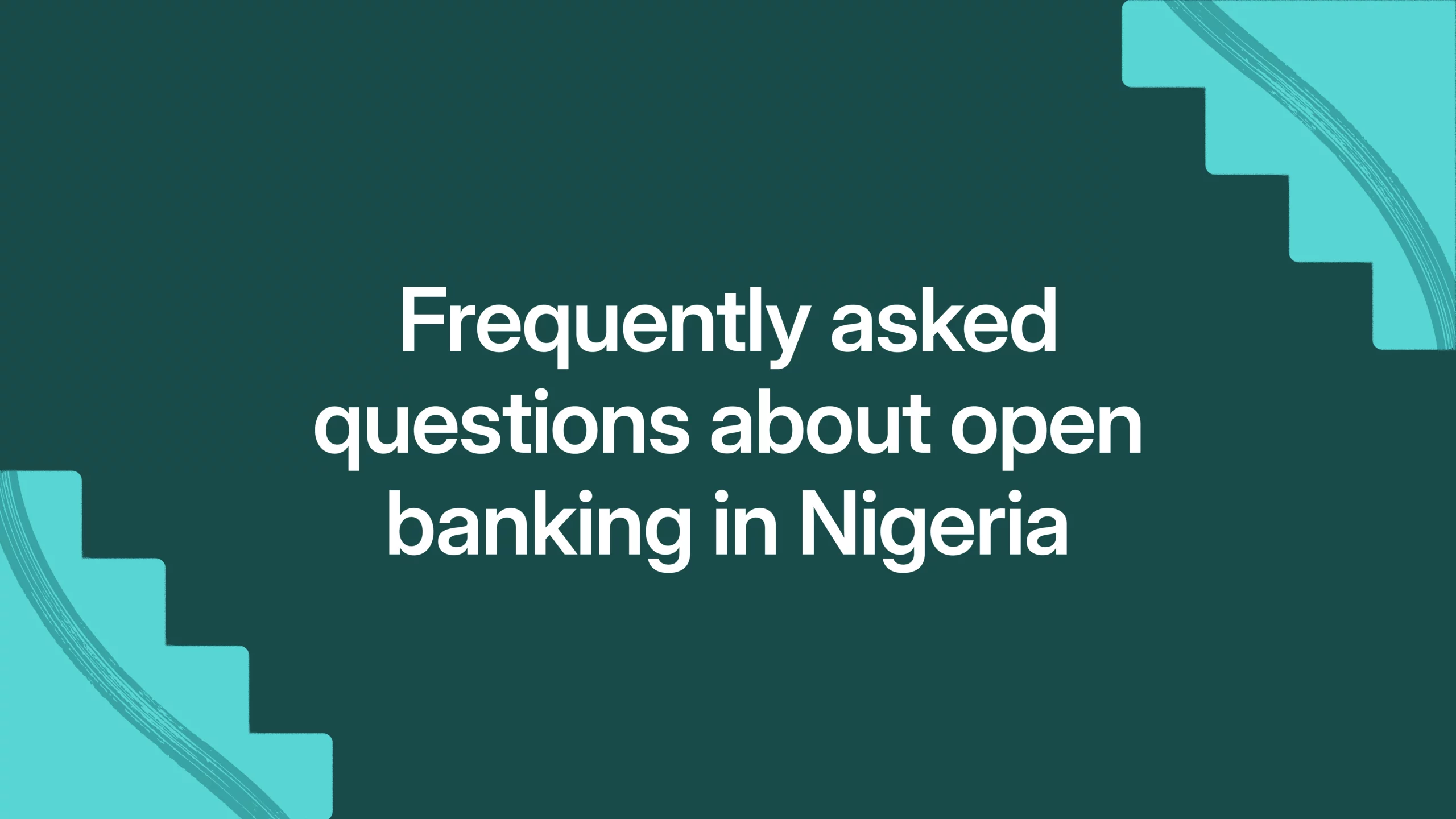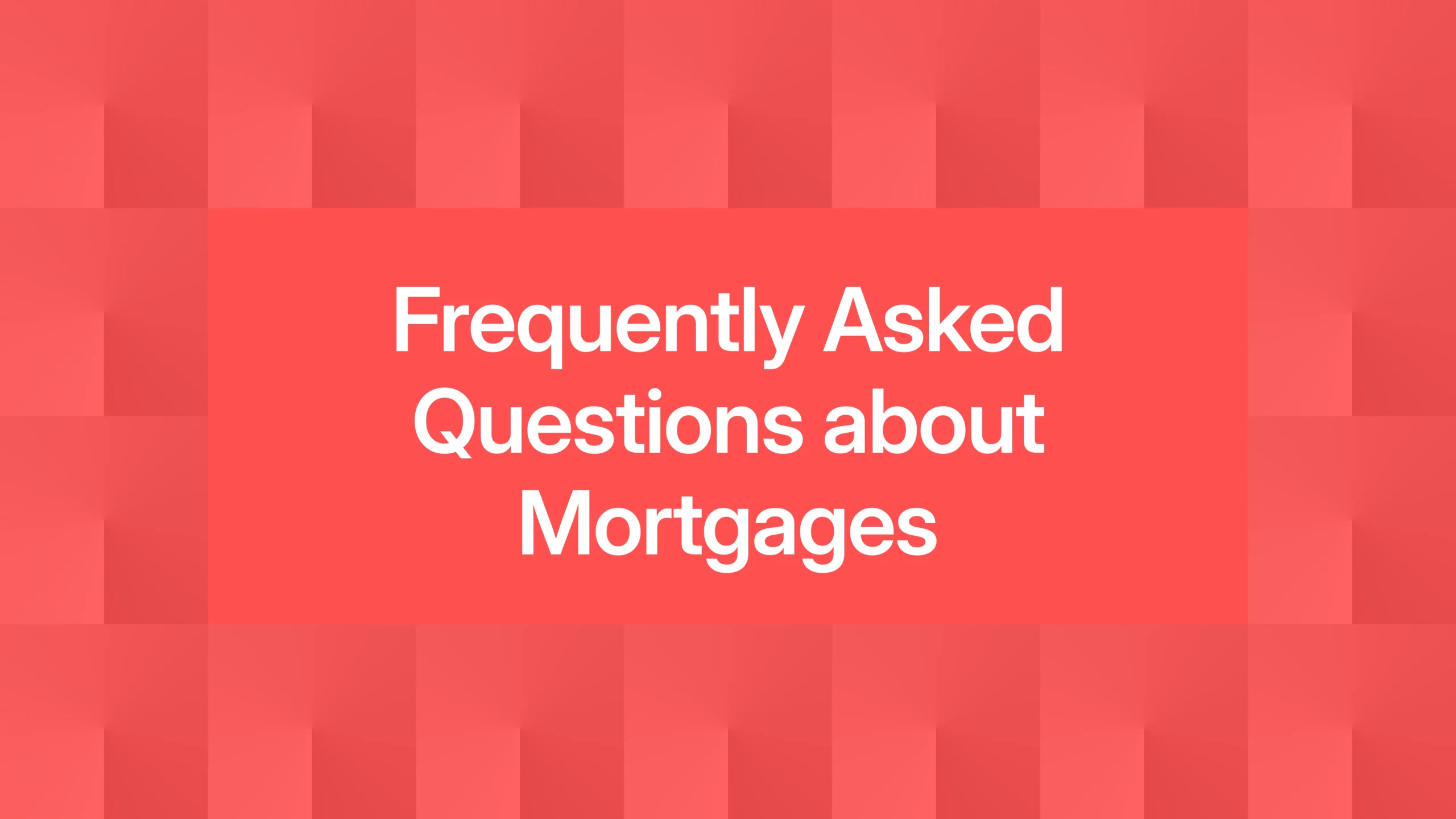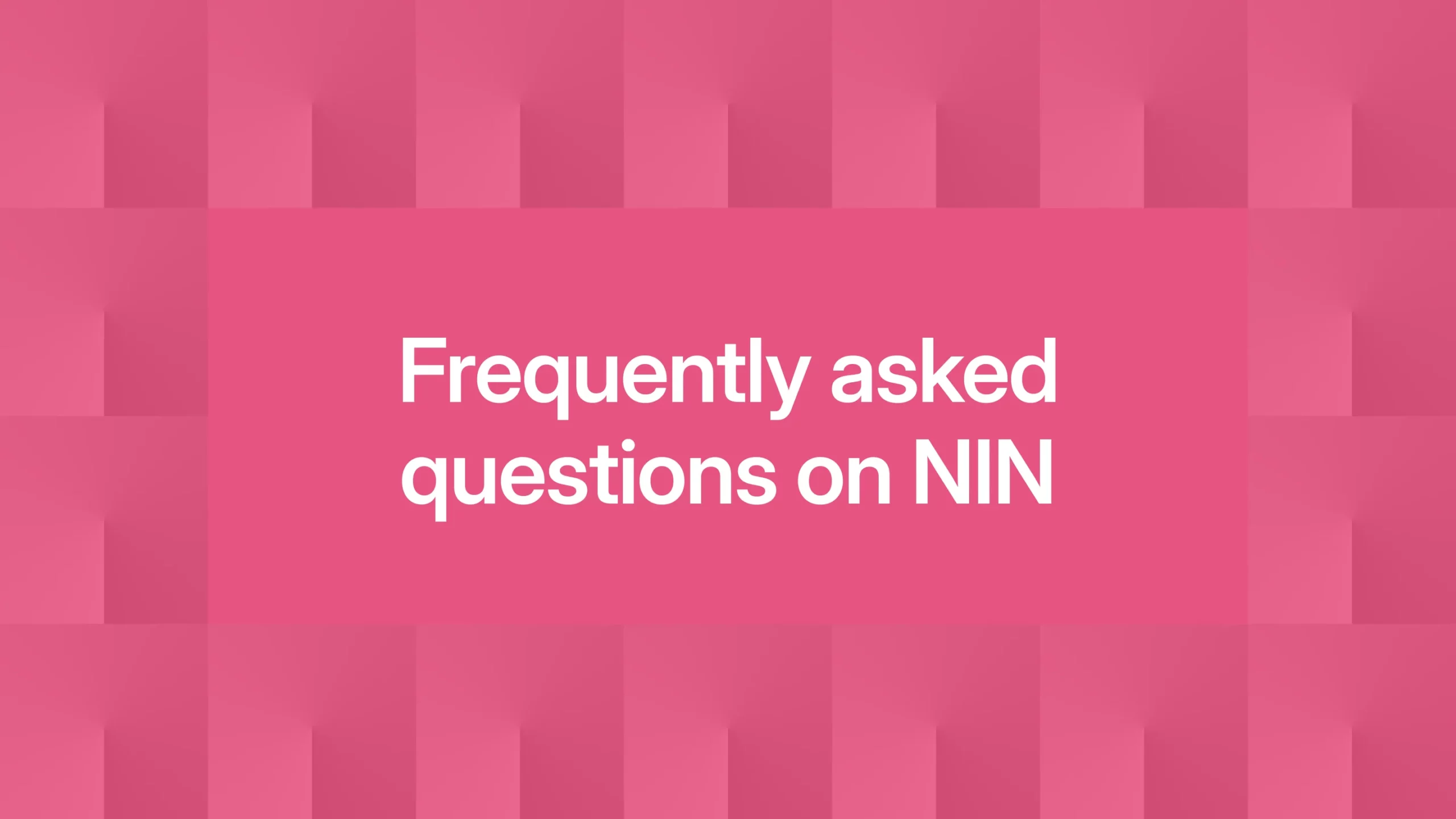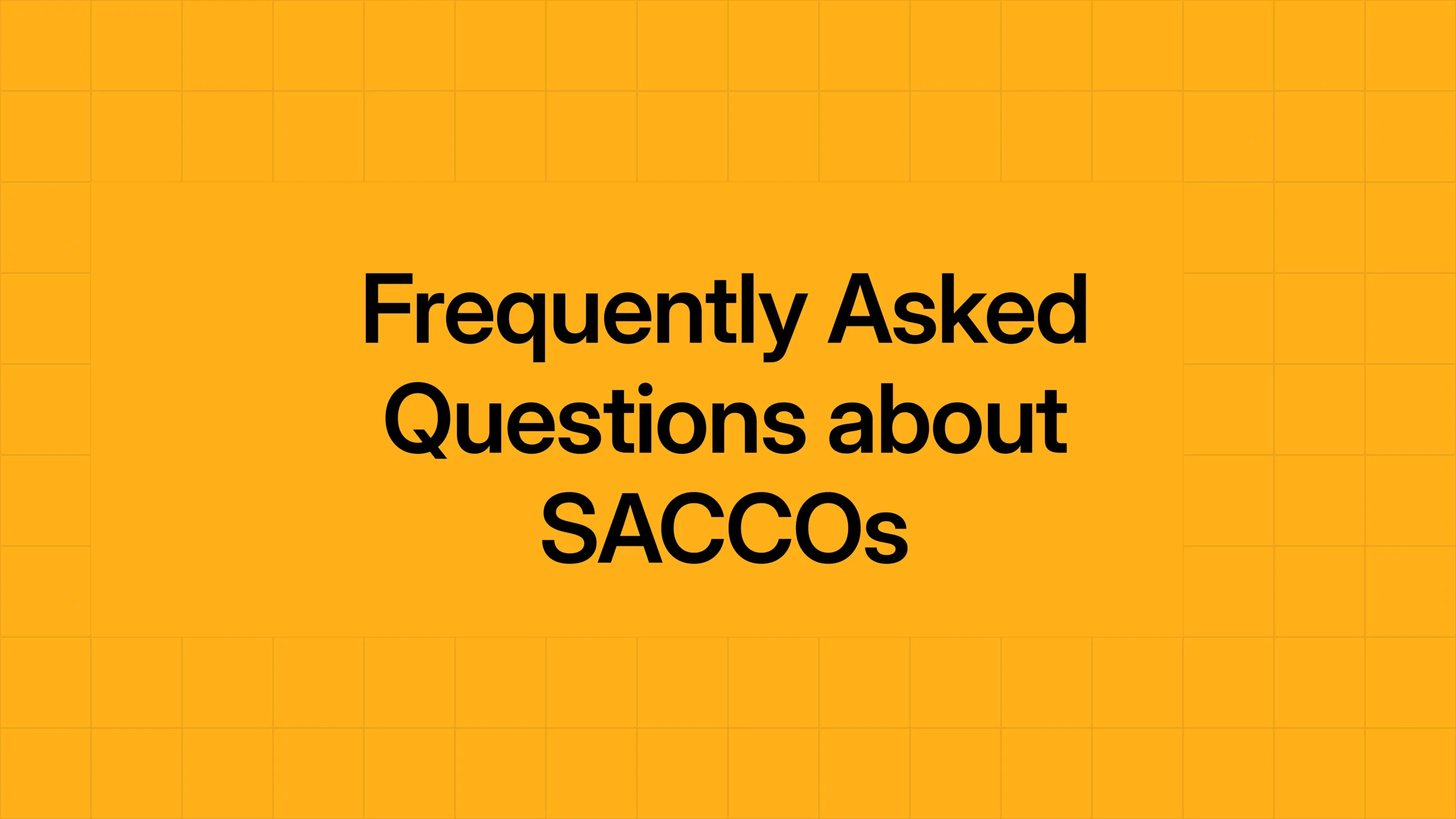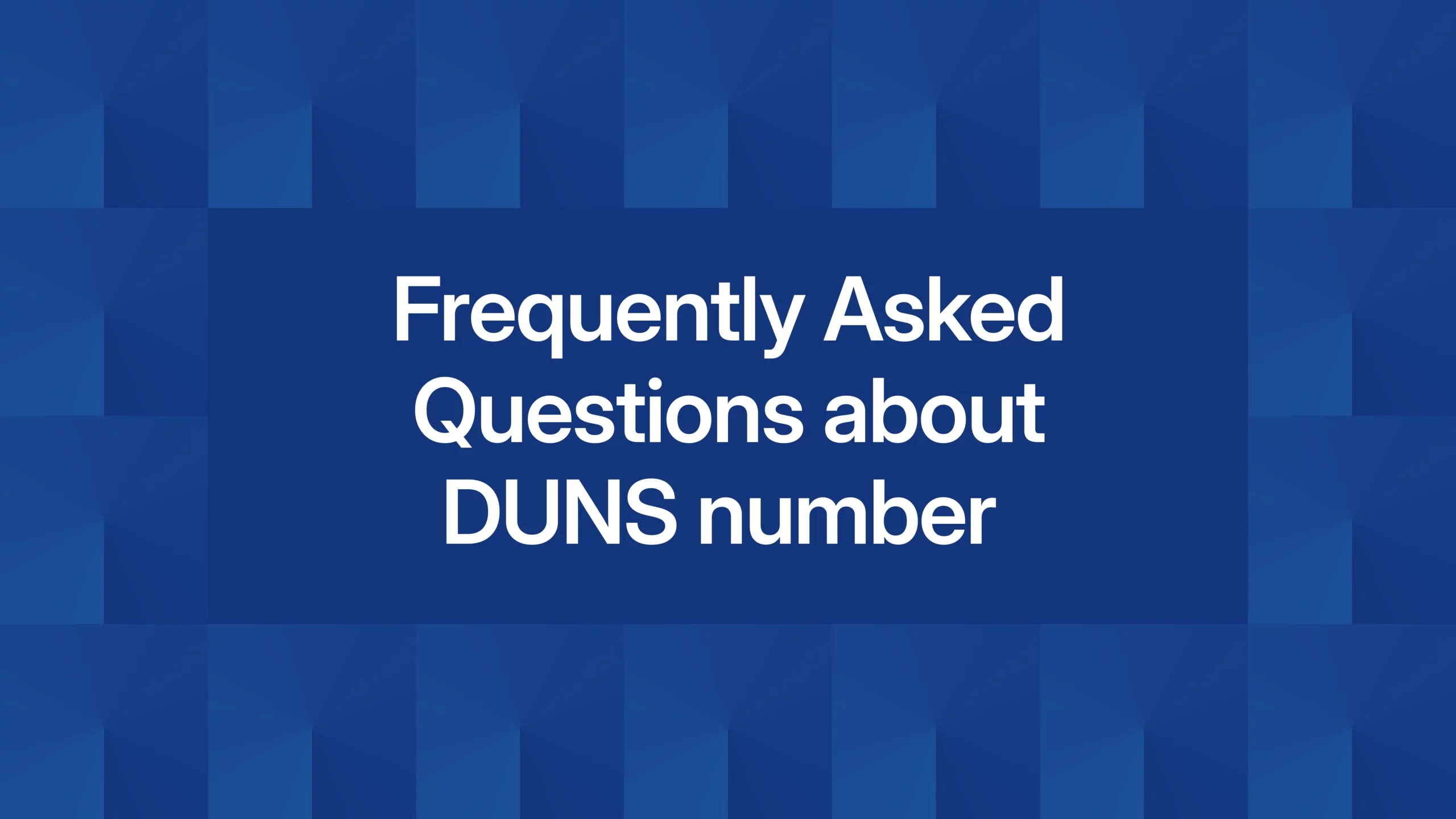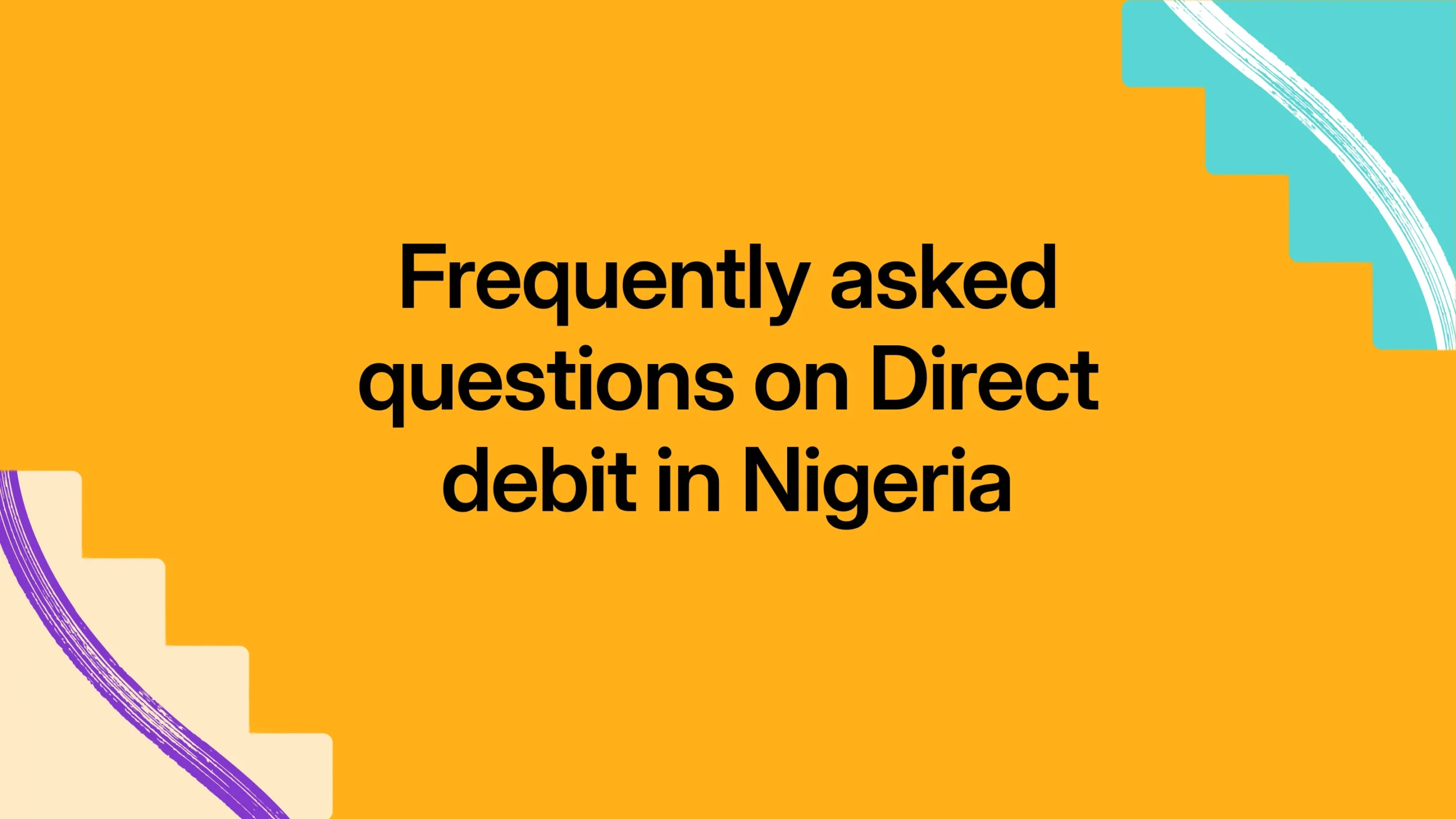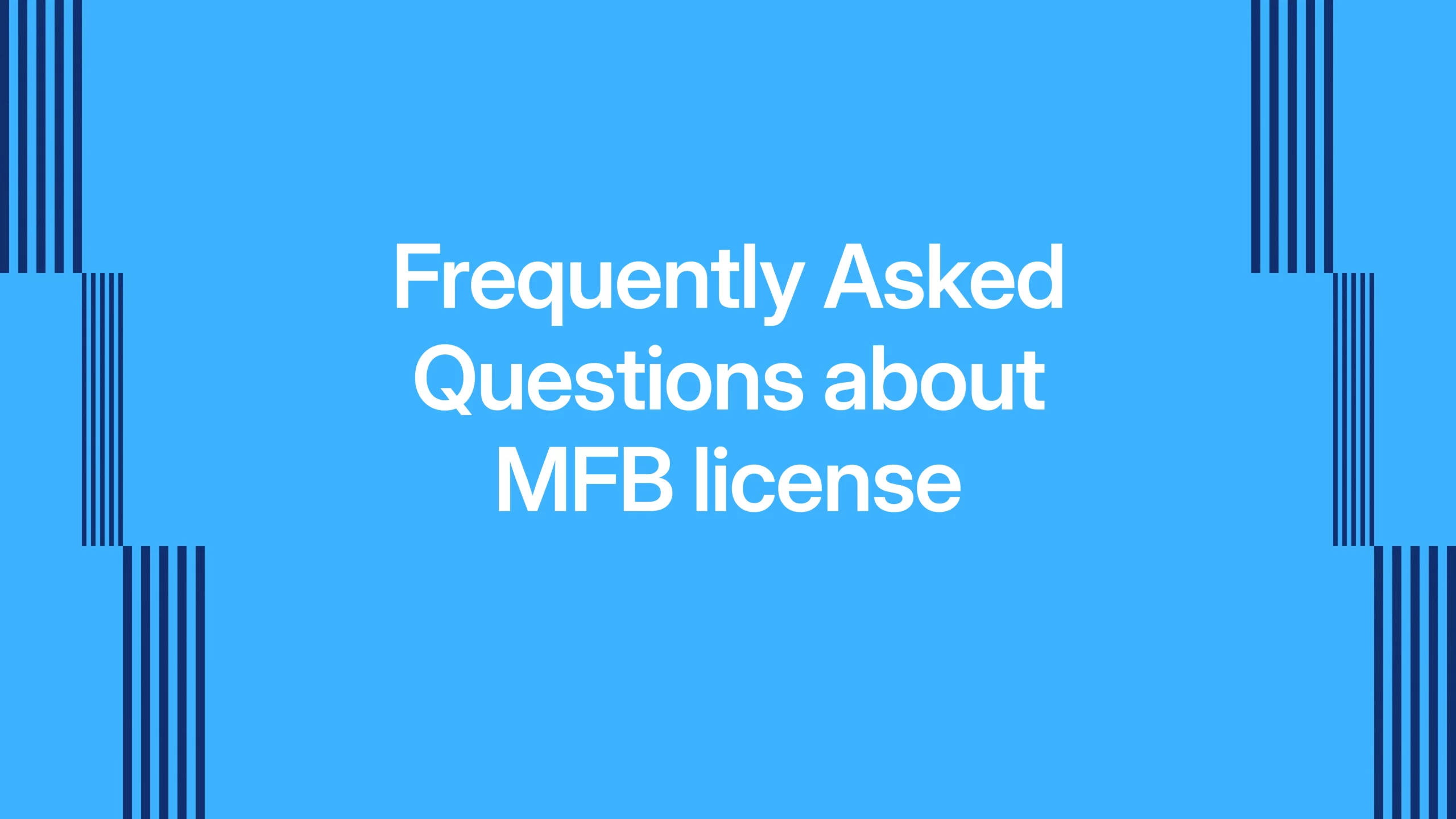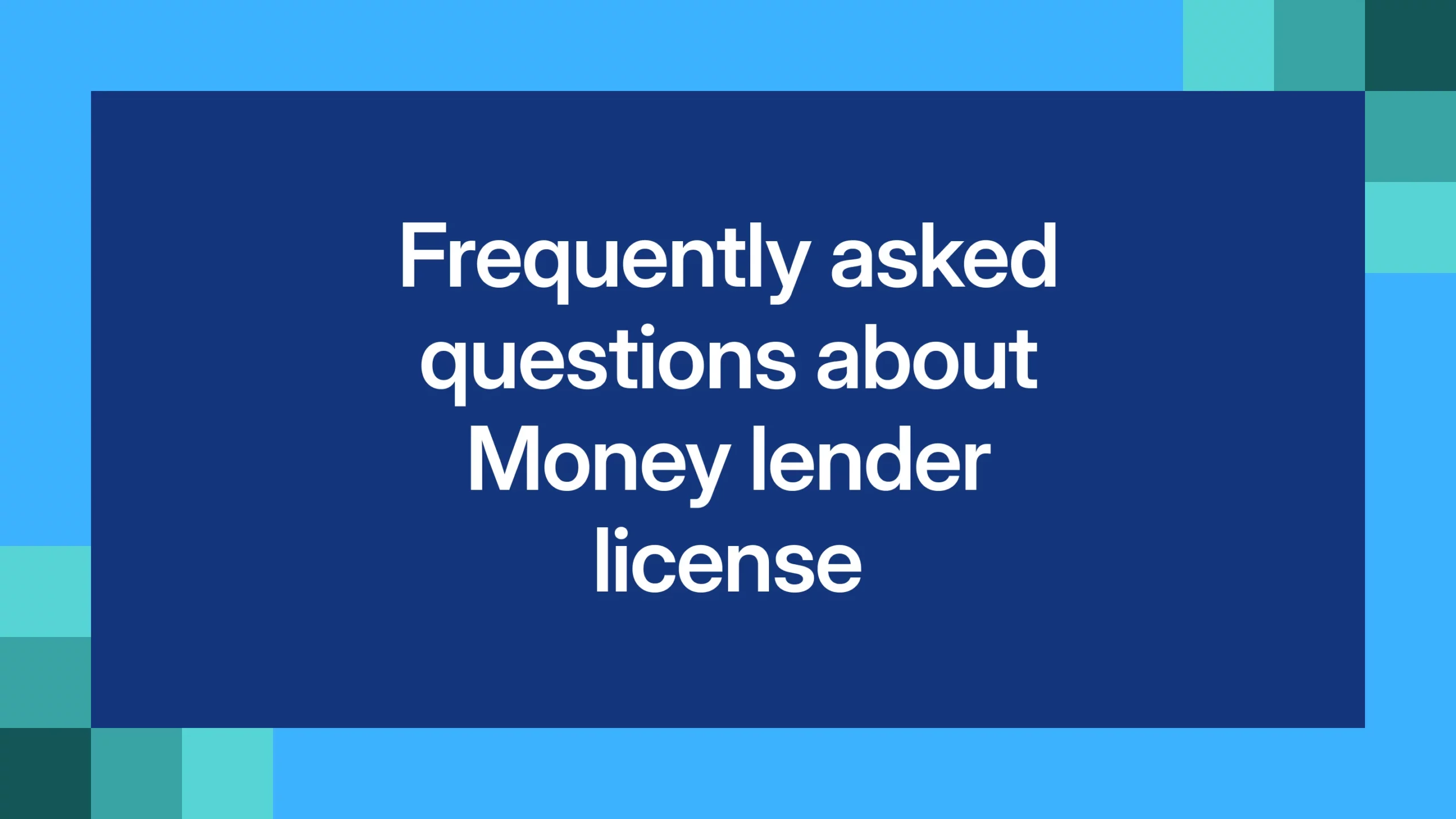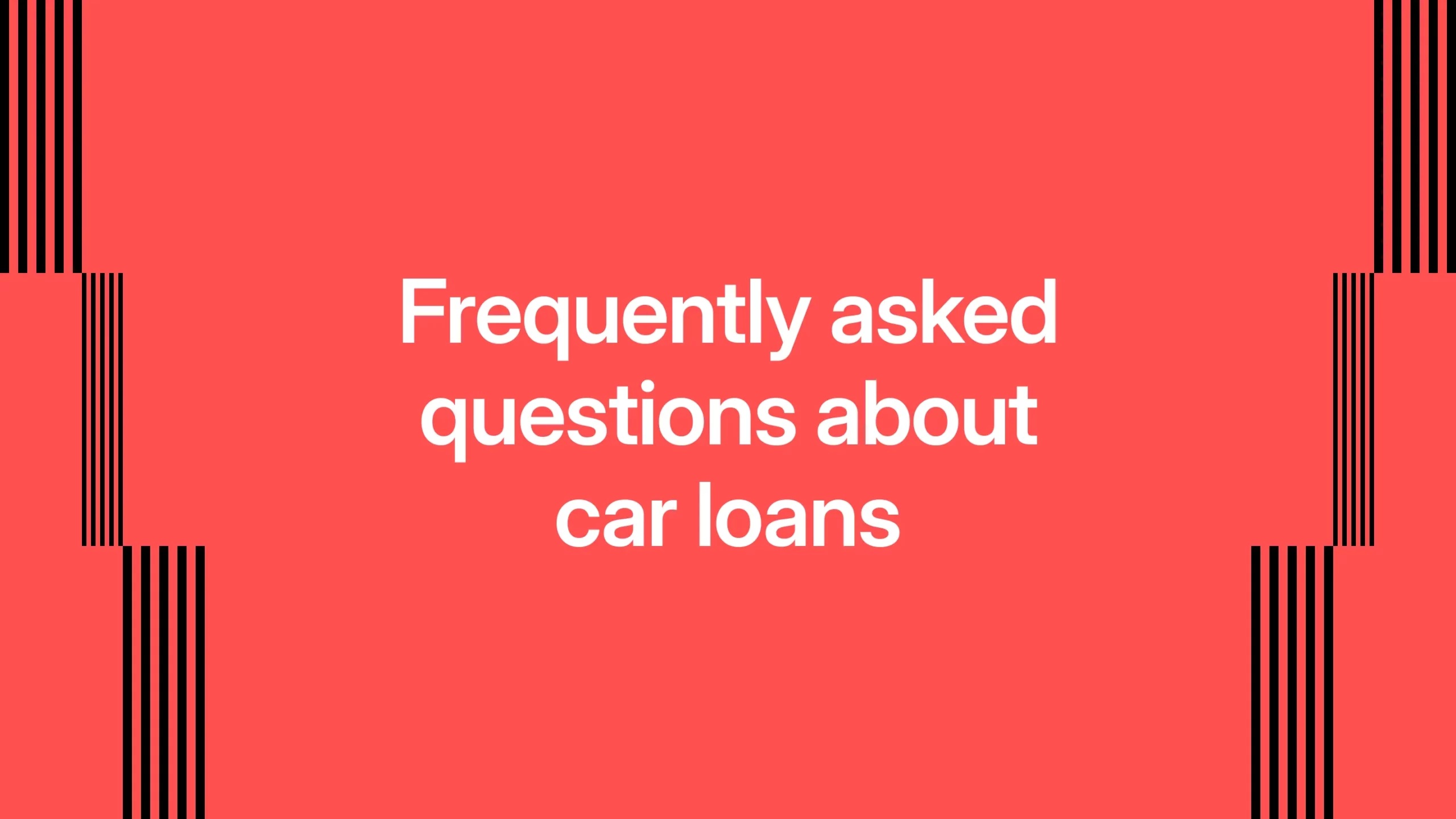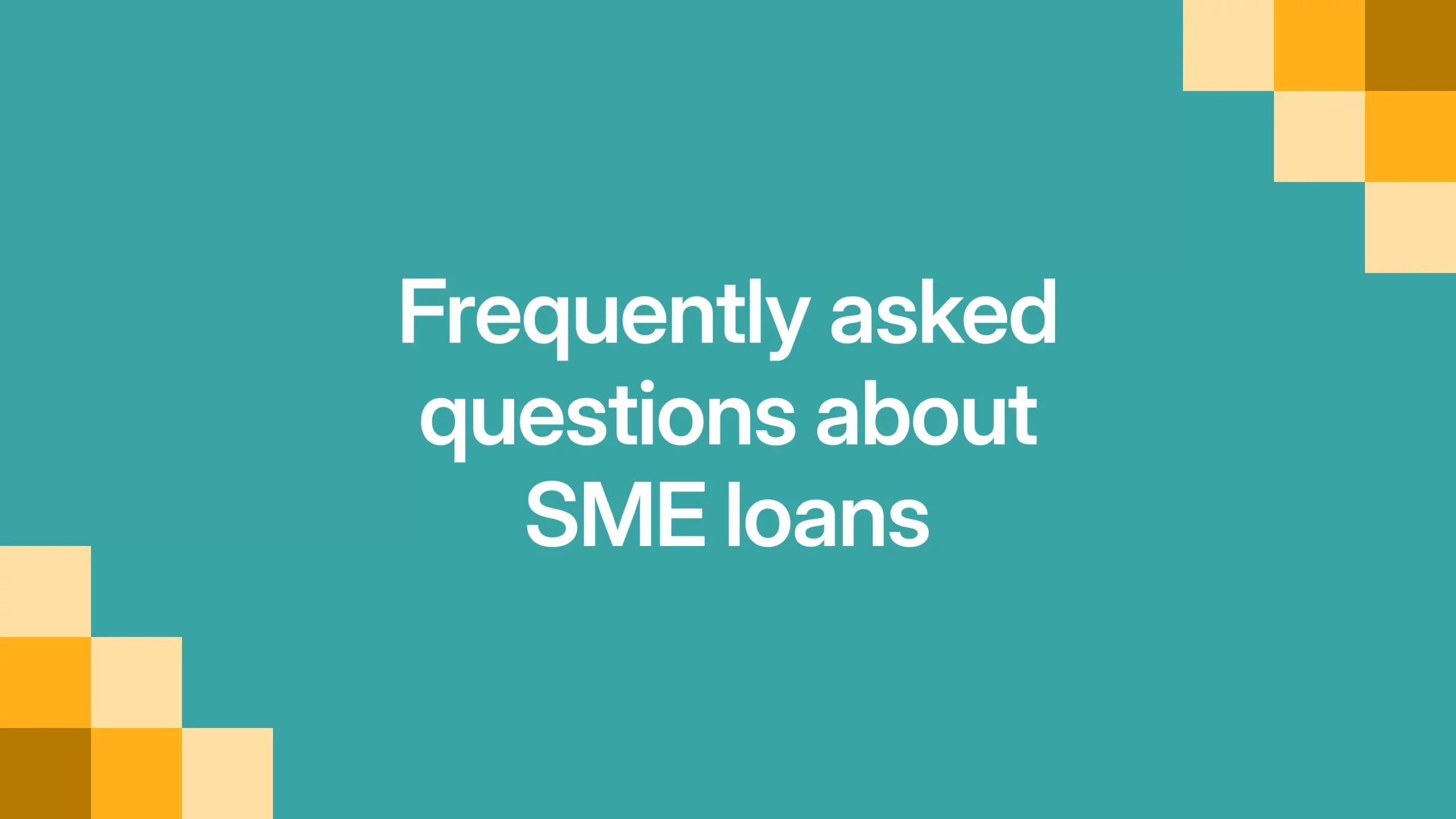Frequently asked questions about open banking in Nigeria
This article compiles common questions that bankers, fintech leaders, compliance officers, and customers are asking about open banking.
Frequently Asked Questions about Mortgages
Despite their prevalence, mortgages remain confusing for many. People ask whether they can qualify with irregular income, how interest really affects repayments over decades, and what happens if life throws an unexpected curveball. Lenders, on the other hand, wrestle with balancing risk, keeping up with regulations, and monitoring loans across multiple borrowers and markets. This […]
Frequently asked questions on NIN
Get answers to the most frequently asked questions about NIN and the practical implications of using your NIN across Nigeria’s financial and governmental systems.
Frequently Asked Questions about SACCOs
This FAQ aims to answer the questions you encounter most when working with SACCOs, whether you are assessing credit risk, designing lending products, advising on tech integrations, or evaluating partnerships.
Frequently Asked Questions about Payday loans
This FAQ is written for lenders and those considering entering the payday lending space. It focuses on how payday loans work, how they are structured, how risks show up in real operations, and how regulation and technology shape the business.
Frequently Asked Questions about DUNS number
This article answers those questions in detail. It focuses on what lenders need to know, how to apply, what to prepare, and how the DUNS number fits into broader compliance, credibility, and growth goals.
Frequently asked questions on Direct Debit in Nigeria
Explore questions Nigerians ask most about direct debit. Read more to see what people really want to know: what’s allowed, what’s not, and how to protect your money.
Frequently Asked Questions about MFB license
This FAQ is written for founders, operators, investors, and lending teams who are either planning to apply for a MFB license or already exploring what running one actually involves.
Frequently asked questions about Money lender license
This article serves as a guide for operators and answers the most frequently asked questions about moneylender licenses.

Frequently asked questions about car loans
In this article, we dive into the most frequently asked questions about car loans. From eligibility and application processes to repayment strategies and hidden costs, this guide equips you with the knowledge to make decisions that serve both your mobility and your financial well-being.
Frequently asked questions about SME loans
Get answers to the most common questions about SME loans, including eligibility, interest rates, and how to improve your chances of approval.
